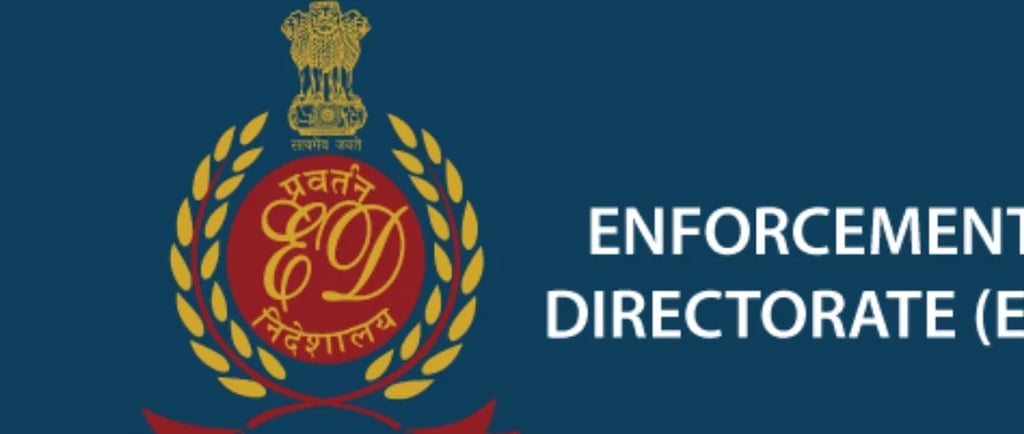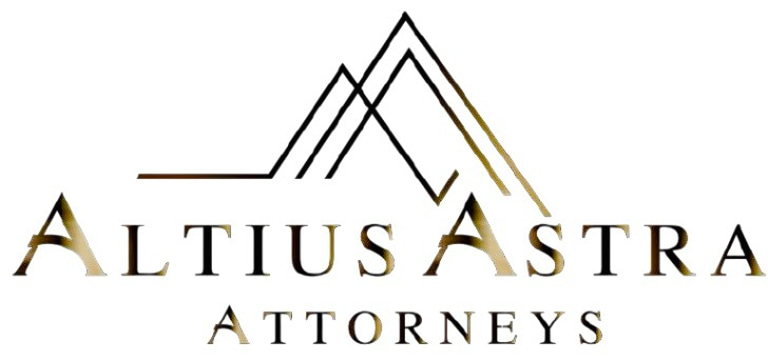ED Formally Bars Summons to Lawyers Without Director Approval.
Breaking: Enforcement Directorate Issues Binding Circular Protecting Lawyer-Client Confidentiality – Summons Now Require Top-Level Approval.
Adv Nadeem Saifi | Partner | Altius Astra attorneys
6/26/20253 min read


Breaking: Enforcement Directorate Issues Binding Circular Protecting Lawyer-Client Confidentiality – Summons Now Require Top-Level Approval
In a decisive move resolving a heated controversy, India's Enforcement Directorate (ED) has formally mandated that its investigators cannot summon lawyers to disclose client communications without the express prior approval of the agency's Director. This binding directive, issued via Technical Circular No. 03/2025, directly addresses widespread condemnation from the legal fraternity and firmly entrenches the sacrosanct principle of lawyer-client privilege within the agency's investigative protocols.
The Core Issue: Protecting the Sanctity of Legal Advice
The controversy erupted when ED officials issued summons to two prominent Senior Advocates, Arvind P. Datar and Pratap Venugopal, demanding details of legal advice provided to Care Health Insurance regarding Employee Stock Ownership Plans (ESOPs) involving a former Religare Enterprises chairperson. The legal community reacted swiftly and strongly. Bar Councils and associations nationwide condemned the action, viewing it as a direct assault on the autonomy of advocates and the fundamental confidentiality essential for the lawyer-client relationship. Some bodies even urged the Supreme Court to intervene suo motu. Facing this backlash, the ED withdrew the specific summons but has now taken the critical step of formalizing its policy through this circular.
The Legal Bedrock: Section 132, Bharatiya Sakshya Adhiniyam, 2023 (BSA)
At the heart of the circular lies Section 132 of the BSA, 2023, which enshrines the principle of lawyer-client privilege. The ED's directive explicitly instructs its field formations to strictly adhere to this law:
Absolute Protection: An advocate cannot be compelled to disclose:
Any communication made to them by or on behalf of their client during professional engagement.
The contents or condition of any document encountered in professional service.
Any advice given to the client professionally.
Crucially, this protection persists even after the professional service ends.
Narrow Exceptions: Disclosure is not protected only if:
(a) The communication was made to further an illegal purpose.
(b) The advocate observed facts showing a crime or fraud was committed since the start of their service for that client (regardless of whether the client pointed it out).
The ED's New Directive: Strict Protocols for Exceptions
Technical Circular No. 03/2025 translates this legal principle into actionable policy for ED investigators:
General Prohibition: "No summons shall be issued to any advocate in violation of Section 132 of the BSA, 2023." This is an absolute bar on demanding privileged information.
High-Level Gatekeeping for Exceptions: If an investigating officer believes one of the narrow exceptions under the BSA's proviso (aiding illegality or observing crime/fraud) might apply, prior written approval from the Director of Enforcement is mandatory before any summons can be issued to the advocate. This creates a significant procedural hurdle, ensuring such actions are rare and carefully vetted at the highest level.
Significance: Why This Circular Matters
This circular is far more than internal housekeeping; it's a significant development with wide-ranging implications:
It provides concrete, operational protection for a cornerstone of the justice system. Clients must feel secure that confidential discussions with their lawyers remain protected to ensure effective legal representation.
It gives ED field officers unambiguous guidelines, preventing overreach and protecting the agency from legal challenges and reputational damage stemming from improper summons.
For the legal profession, it addresses a key grievance, demonstrating institutional respect for the advocate's role and the confidentiality obligation.
It acknowledges the state's legitimate need to investigate crime (via the exceptions) but ensures this power is exercised judiciously and only with top-level oversight when potentially piercing privilege.
While specific to the ED, it sets a powerful example for other investigative agencies regarding respecting lawyer-client confidentiality.
Professional Analysis: A Necessary and Welcome Step
The ED's circular is a pragmatic and legally sound response to a situation that exposed a vulnerability in the practical application of the BSA's privilege provisions. While Section 132 provided the legal shield, its enforcement within the powerful ED machinery required this explicit directive.
The controversy highlighted that field formations either misunderstood or potentially overstepped the bounds of Section 132. The circular bridges this gap between statutory right and operational reality.
Requiring Director-level approval for invoking exceptions is crucial. It ensures a high threshold of scrutiny before the privilege is potentially breached, preventing fishing expeditions or harassment based on mere suspicion. The Director is best placed to weigh the legal justification and necessity.
Robust lawyer-client privilege isn't just a lawyer's perk; it's essential for a functioning adversarial system where individuals can seek candid legal advice without fear of exposure to the state. This circular strengthens that foundational principle within the context of ED investigations.
Conclusion
The Enforcement Directorate's Technical Circular No. 03/2025 marks a critical juncture. By formally prohibiting summons that violate lawyer-client confidentiality and erecting a formidable barrier (Directoral approval) even for potential exceptions, the ED has taken a substantial step towards aligning its formidable investigative powers with the fundamental rights protecting legal counsel. This is a victory for the rule of law, reinforcing that even amidst rigorous financial crime investigations, the sanctity of the lawyer-client relationship remains a protected and indispensable pillar of India's legal system. Legal practitioners and their clients can breathe easier knowing this protection now carries explicit operational weight within one of the country's most powerful agencies.
Altius Astra Attorneys
A premier law firm based in Delhi, India, offering legal representation across various practice areas for citizens rights and interests.
© 2025. Altius Astra Attorneys. All rights reserved.
Contact Us
📞 9899290789, 9818786756
📧 contact@altiusastra.com
3C-ED Block, Madhuban Chowk, Pitampura, Delhi-110034
DISCLAIMER
